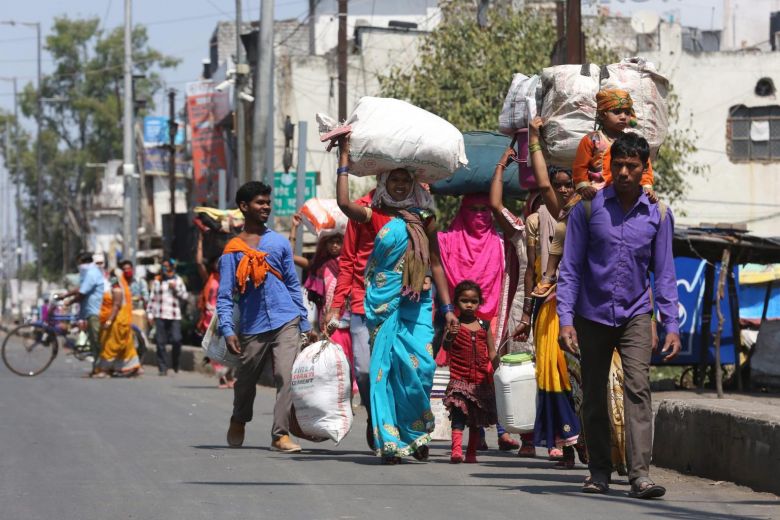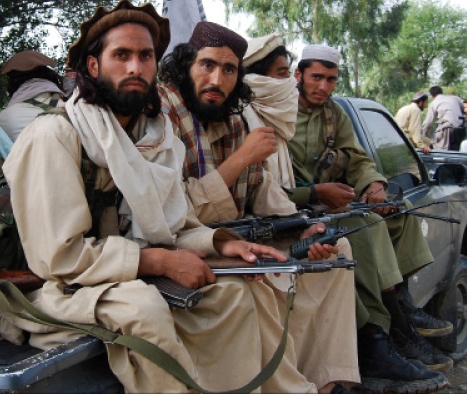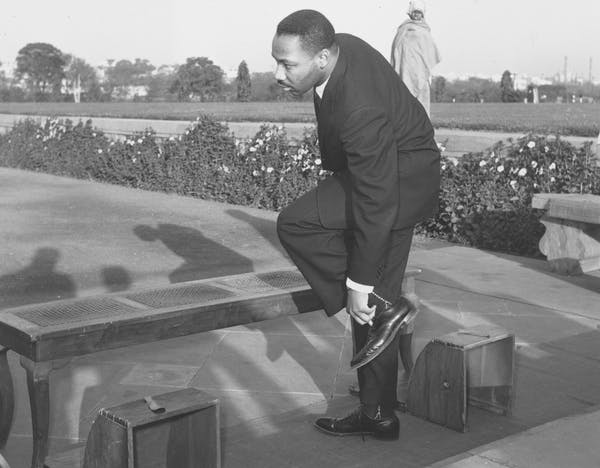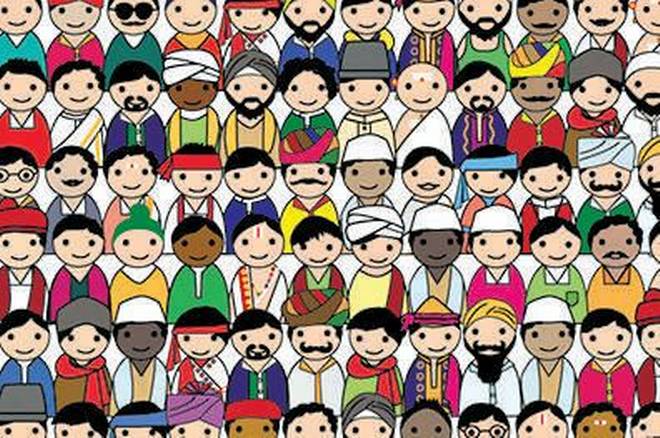As they say, ‘Every dark cloud has a silver lining.’ When the coronavirus hit the entire world and brought it to a screeching halt, my very initial thoughts had been about the possibility of the formation of a more egalitarian, equitable and just world order.
More closely home, I had thought that this crisis, which is unprecedented in so many ways, will have to be reason enough for the emergence of an India that will have learnt and understood to differentiate between the essential and the non-essential and the importance of focussing only on the essential, for the benefit for all, in the long run.
Now, when I have been jolted out of my naivety, I think back on the reasons as to why I had thought this pandemic to be a reason enough for a shift towards the positive. And the only reason that I can think of is that this is truly a life-changing event. It has forced the world to stop and take notice. It is trying to wake us up from our slumber in unprecedented ways. It is warning us of what is in store for us if we don’t mend our unsustainable ways.
However, though it is true that everyone had to stop and take notice, yet it has still not been possible, at least till now, to force people to shift their frameworks of thoughts and analysis, to force them to look at the world and at each-other by changing their lenses.
What could these alternate frameworks o analysis, these lenses, be though? Honestly speaking, these are not something new. These ways of thinking and of visualising the world have been propounded by numerous thinkers and visionaries in the past and continue to be propounded today. However, these thinkers have not been taken seriously, or have been ridiculed or even punished for their thoughts. And their visions have been dumped by the wayside on the path towards ‘glory’. These are the visions of an egalitarian, just, fair, empathetic and a humanist world order.
Even in the wake of an event with a potential to unite the world as never before, the world stands divided as never before. We are still thinking of somehow riding through this phase so that we can take off from where we had stopped and forget about this as a bad dream. The ‘quick fix’ world is so entrenched in us that it is preventing us from even trying to think beyond.
Doesn’t it strike us even now that there necessarily has to be something wrong with our fundamental structures if we have succeeded in bringing upon this calamity upon ourselves? We have been running a mad race towards acquiring more and more – turning this acquisition into an end in itself. In the process, we have trampled upon the rights of nature and all our fellow beings – be it human beings or animals. We have been able to bury our feelings of empathy and care so deep that trying to retrieve them now requires a super-human effort.
In this hour of crisis which has befell not on a single individual or country but the entire world, we are finding ourselves pitiably short of the means to tackle it and emerge stronger. This is not because we don’t have the necessary thoughts and ideas that can carry us through. This is because we have boxed ourselves, refusing to think beyond the status-quo, and thrown away the key to the box.
A brief discussion on the ways in which we have responded to this crisis will suffice to bring home the point. What all have we done till now? We have indulged in blame games and one-upmanship. We have been able to communalize a health care issue and accentuate the wide gap between the classes and the masses. The classes have brought upon this disaster on the masses and are now now smugly blaming the victims for perpetuating it, from behind their closed doors and hearts. The crisis has been used as an opportunity to further stifle sane voices and punish them for their sanity. In our world of ‘Us vs. them’, the size of our ‘Us’ is continuously shrinking and that of our ‘them’ is continuously expanding. The delusion has taken such drastic proportions that we sincerely believe that we have the ability of saving ‘ourselves’ even if ‘all of the rest’ perish. Instead of fighting this challenge as one divided mass of humanity, we are further accentuating our self-created differences. Instead of obliterating them, we are busy in sharpening and highlighting the lines that we have ourselves drawn – of nationalities, of castes, of creeds, of classes, of religions, of races and the myriad such categories that human ingenuity has devised till date.
We are deluding ourselves if we think we will be able to overcome this challenge in this manner. Even if we do, that ‘victory’ will be extremely short-lived. If we continue to refuse to constructively engage with each-other in order to re-build our fundamental structures, which have outlived any kind of utility that they may ever have had, then we our doomed to perish. Th choice is still ours though, as it always is, as it always has been and as it always will be – to perish or to create a new world order.











